Objectives
- What is maintenance?
- When does it begin?
- When can we check it off our plan?
- recommended requirements for the handler
- What is the most common training collar question? And How do we handle it?
- What is the future of your relationship with a client post-maintenance?
- How to keep the clients for life?

The checklist
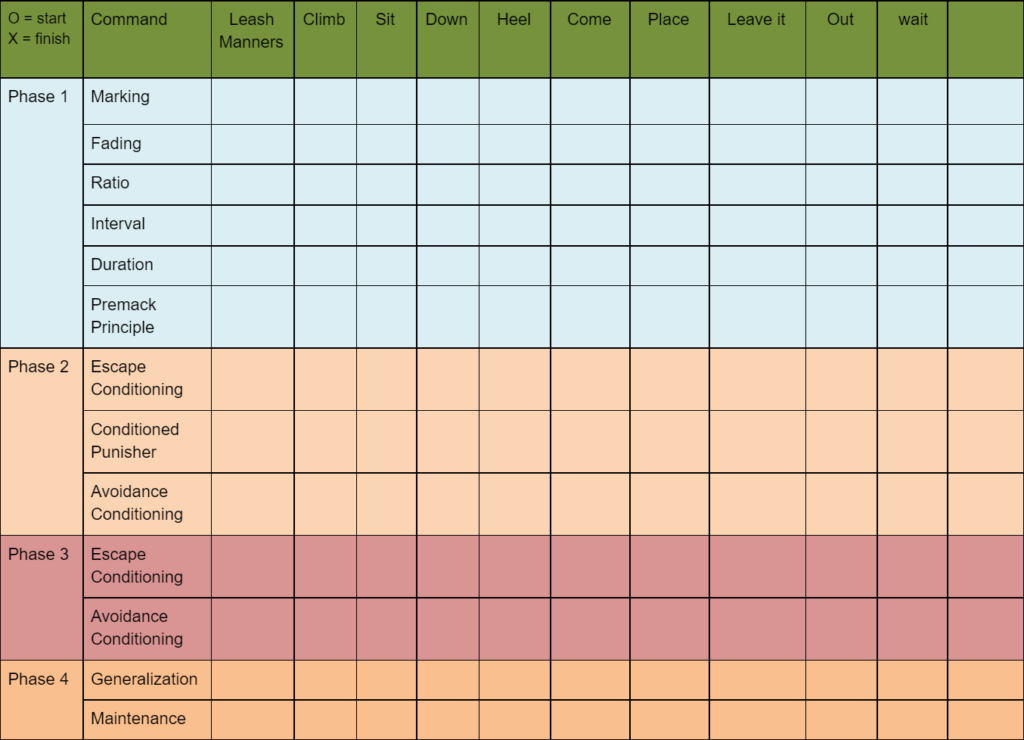
What is maintenance?
The process of keeping or continuing something.
When does it begin?
The moment you start testing a handler on their ability to maintain a behavior correctly.
When can we check it off our plan? has a clear understanding of what and why a skill is needed
- The handler has a clear understanding of what and why a skill is needed.
- The handler is testing on that skill.
- The handler is supplied with reference material to refer to for continued maintenance.
What is the collar question?
Will my dog always need to wear the ______ collar?
To answer the question, stay technical. Does it make sense on "paper" and "practically" that the dog will be reliable without a collar in a particular scenario?
- Seek first to understand why the question is being asked.
- Plans to compete with the dog?
- Concern about public opinion?
- Convenience?
- Ignorance? (more common in early lessons and in-kennel services)
- Explain in technical terms
- Explain in practical terms
- Point to examples of well known dogs that have high kevel training
- Guide dogs
- Police dogs
- Movie dogs
- Other servive dogs
- Use analogies
- law enforcement
- employment policies (we get paid and rewarded, but there are still policies in place to ensure reliability always)
- Point to examples of well known dogs that have high kevel training
- Ultinately make it clear it is there choice based off of what is most important to them.
- The best trained dogs have the best trained handlers. Period.
Concepts all Clients Should Know
Leash Handling

Command Structure
Play games! Make it fun!
Heeling Position and Rules
(Do not forget to add conditioned punishers!)
An understanding of competing motivators and what works best for each environment
"Continuing" the Training
The fun never ends if you do not want it to!
Lifetime clients?
- Obedience clubs
- Aggression support groups
- Personal protection clubs
- Agility
- Scent clubs (trailing, specific odor detection, etc..)
- Service dog techniques
- Cart pulling
- Water activities
- Be creative!!!
My Strong Opinion - Most popular dog sports do not support "maintenance" plans for the average client.
If you offer formal sports clubs, also offer groups that reflect "real life" handling.
Examples:
Group classes that all clients can attend even after completion of a program.

Scenario Training - Protection
Scenario Training (aggression support) - Obedience

Scent Classes

Conclusion
Be the last trainer your clients ever need or want.
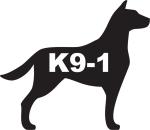

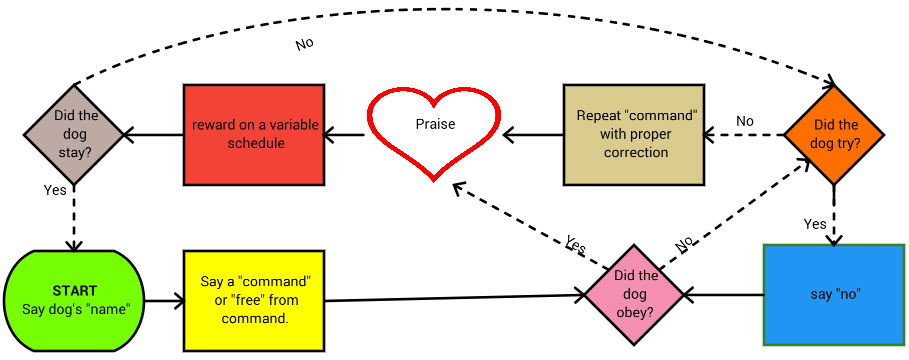
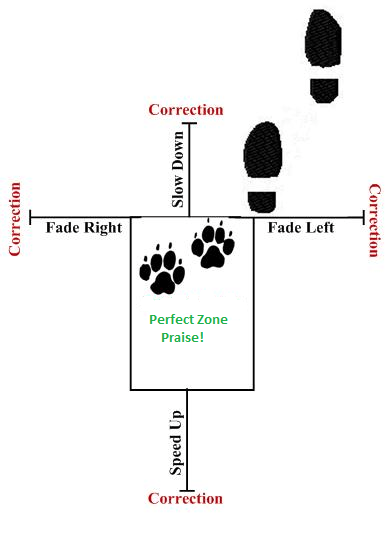
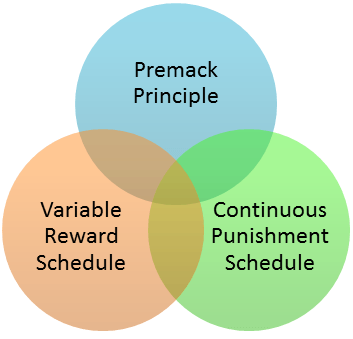
Responses